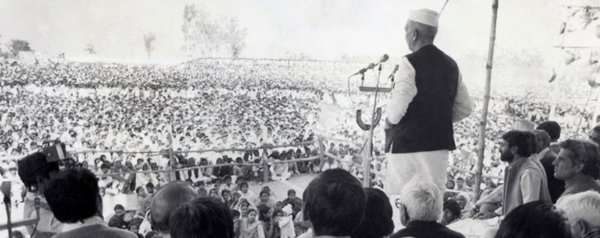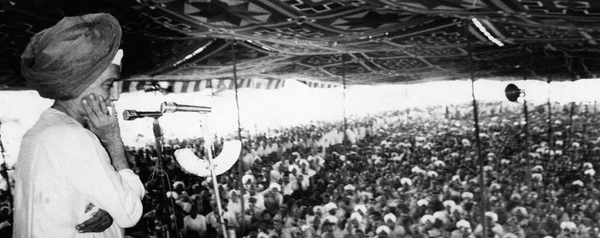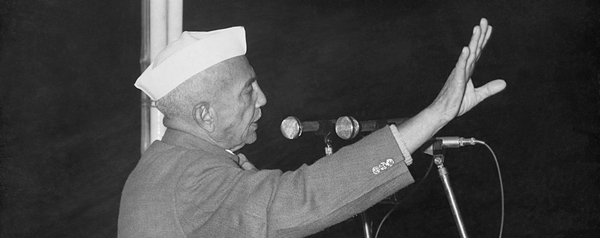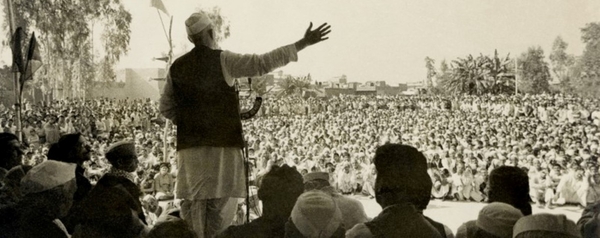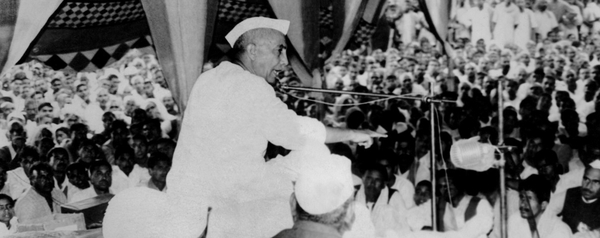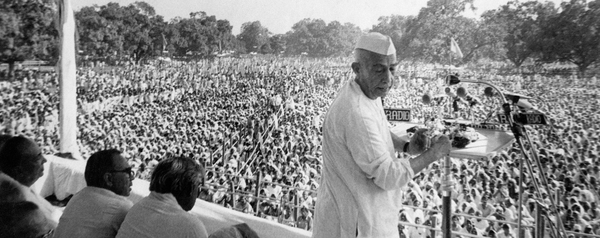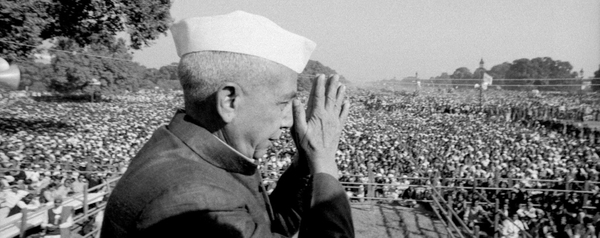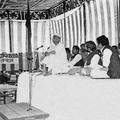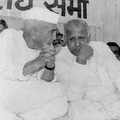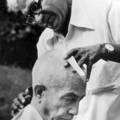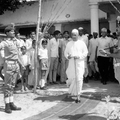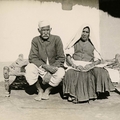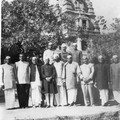Follow the User Guide to start building your site.
Welcome, Dear Visitor!
The Charan Singh Archives integrate Charan Singh's biography, scholarship, and character traits. It is a political archive funded independently. The archives chronicle Charan Singh's lifelong ethical and simple lifestyle, emphasizing the importance of agriculture in India's development, poverty alleviation, rural employment generation, and social justice through a shared economic approach.
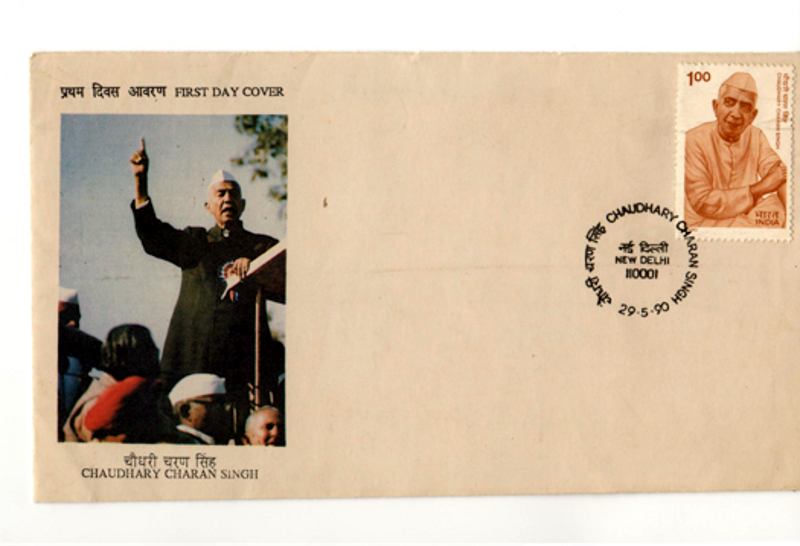
Charan Singh (born December 23, 1902) was the only prominent farmer leader in independent India. Until he died in 1987, he spent his entire life as a fearless, outspoken, dedicated, and strong advocate of the interests of rural India.
The issues of rural India and the state of development in the country remained more or less the same as when the British left India, and for decades after independence, urban and affluent elites have been arranging capital and other resources for their ends. At the same time, rural India, where there is despair and a lack of employment, has been deprived. This archive will give a voice to those deprived and provide a rural-centric dimension to enrich the backward social environment.
Charan Singh's character traits, personality, and intellectually refined approach towards rural India are based on three important factors that had an indelible impact on his life. First, his birth and upbringing in a rural farmer family of the agriculturally dominant Meerut district of Uttar Pradesh in the 1910s–1920s; second, his contribution to the rise of Arya Samaj and social reform in the 1920s–1930s; third, the struggle for India's independence from the British by the Indian National Congress under the leadership of Mohandas Karamchand Gandhi in the two decades of the 1930s–1950s.
Of medium height, soft voice, and slender build, Charan Singh wore hand-woven Khadi clothes throughout his life, which was indicative of not only his deep thinking about rural employment and hand weaving but also his commitment to small-scale industry and simplicity. He was always kind and soft-spoken towards visitors, family, and friends, but his firm stand against rural injustice was always clearly reflected in his eyes. His humorous behaviour and affection for family members were his specialties. He was not only an ideal for everyone but also a favourite; this was the result of his integrity, devotion to work, everlasting old morality, and complete trust in personal relationships.
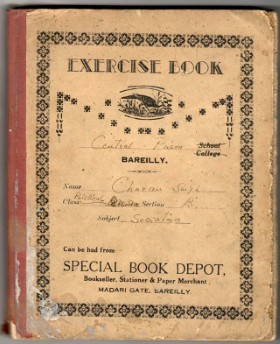
Harsh Singh Lohit
23 December 2015


